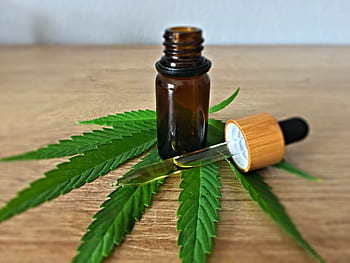The Science Behind CBD

CBD is the latest health trend sweeping the nation. Is there legitimate reason for all the hype, or is it just another fad? While it may not be the miracle cure-all that some perceive it as, it definitely has health benefits.
CBD stands for cannabidiol, a chemical extracted from hemp. It's become a popular treatment for pain, anxiety, and other ailments. You can get it as an oil, cream, pill, or even chocolate!
Many share testimonies of success with CBD, but don’t just rely on anecdotal evidence. There is science to back it up.
Neurotransmitters are the brain's messengers. They are chemicals that transmit signals between neurons. Low levels of Gamma-Aminobutyric acid, a neurotransmitter known as GABA, are linked to anxiety, epilepsy, and chronic pain. CBD interacts with GABA to enhance its binding abilities. Simply put, it increases the effects of GABA in the brain, resulting in relief of pain and anxiety.
CBD also activates the hydroxytryptamine serotonin receptor. It mimics serotonin, a chemical in the nervous system that contributes to happiness.
Every human body has an endocannabinoid system. It's a molecular system that aids in homeostasis, the body's ability to remain in a regulated internal state. The endocannabinoid system plays a role in many bodily processes, such as immune response, metabolism, and cellular communication. CBD supports this system by interacting with CB1 and CB2 receptors that send signals to strengthen the immune system.
Big words aside, CBD aids in many of the body's functions. If you struggle with chronic pain, epilepsy, a sleep disorder, or anxiety, CBD is worth trying out.
Get more information at cbd-vape.co.uk.